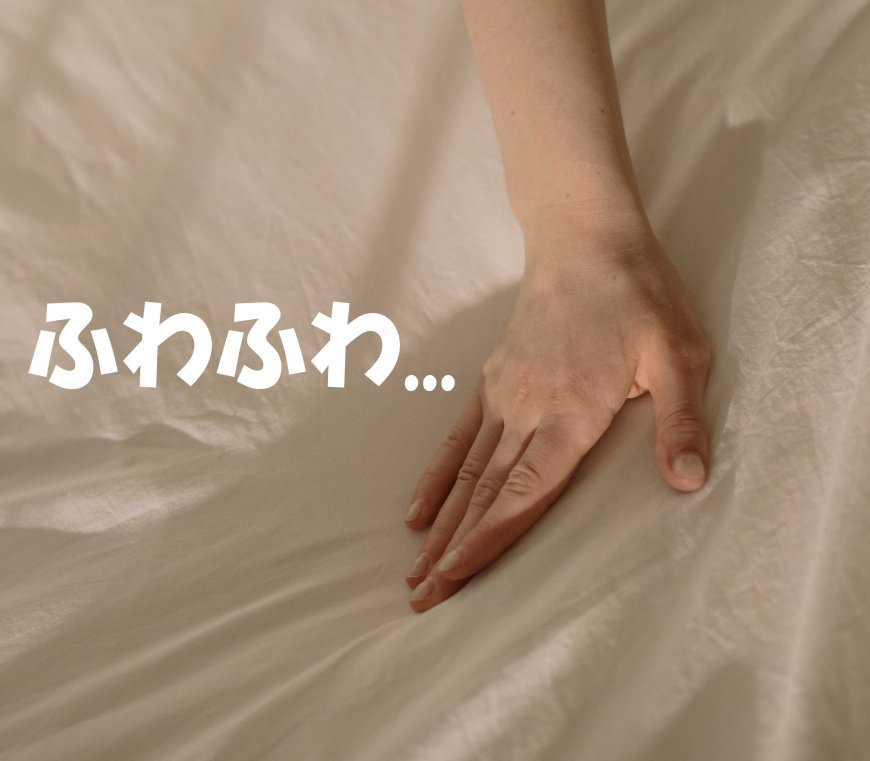Onomatopoeia in the Japanese Language
Discover the versatility of onomatopoeic expressions, and their cultural significance. Learn about Japanese words that paint vivid pictures and evoke emotions. A linguistic journey filled with delightful surprises and insights into Japanese culture.

Sound Words that Enrich the Japanese Language
Language has the power to transcend mere words and evoke vivid sensory experiences. Nowhere is this more evident than in the intriguing world of onomatopoeia in the Japanese language. From the gentle rustling of leaves to the explosive crackle of thunderstorms, onomatopoeic expressions in Japanese add a symphony of sound to everyday conversations. Dive into this linguistic tapestry as we explore the rich and fascinating landscape of onomatopoeia in the Japanese language.

Painting Soundscapes with Words
Unlike many other languages, Japanese embraces onomatopoeia as an integral part of its vocabulary. These ingenious sound-based words go beyond describing the audible world; they capture the essence of actions, emotions, and even the qualities of objects. From the softest whispers to the loudest crashes, Japanese onomatopoeia paints a vivid canvas of sound.

Giseigo, Giongo, and Gitaigo
Japanese onomatopoeia can be classified into several categories based on the sounds they represent. Giseigo refers to words that mimic animal sounds, such as "wan wan" for a dog's bark or "nyaa nyaa" for a cat's meow. Giongo captures sounds from nature, like "zaa zaa" for heavy rain or "fuwa fuwa" for something soft and fluffy. On the other hand, gitaigo depicts actions or states, such as "goro goro" for rolling or "kon kon" for knocking on a door.

Nuances and Emotions into Conversations
Beyond the realms of sound effects, onomatopoeia in Japanese often infuses conversations with nuances and emotions. For example, the word "waku waku" conveys a sense of excitement or anticipation, while "guu guu" represents the sound of falling into a deep sleep. Such onomatopoeic expressions add depth and texture to communication, allowing speakers to convey subtle shades of meaning with ease.

Cultural Significance in the Japanese Language and Popular Culture
The prevalence of onomatopoeia in the Japanese language is deeply intertwined with the nation's cultural fabric. Japanese society places great value on harmony and avoiding direct confrontation, and onomatopoeia provides a non-threatening way to communicate emotions and sensations indirectly. Furthermore, onomatopoeic expressions frequently find their way into manga, anime, and other forms of popular culture, creating a shared language and fostering a strong sense of community among enthusiasts.

Onomatopoeia Reflects and Shapes Changing Times
Japanese onomatopoeia is not static; it evolves and adapts over time. New expressions emerge, reflecting societal changes, technological advancements, and cultural shifts. As a result, the lexicon of onomatopoeia is ever-expanding, constantly incorporating novel sounds and experiences.

Breathing Life into Conversations
The world of onomatopoeia in the Japanese language is a treasure trove of enchantment, breathing life into conversations and painting soundscapes in the minds of its speakers. Whether it's the soothing "fuwa fuwa" of a fluffy pillow or the mischievous "pyon pyon" of a bouncing bunny, onomatopoeia captures the essence of the audible world in a way that no other linguistic device can. So, the next time you immerse yourself in the mesmerizing sounds of the Japanese language, pay heed to the magical realm of onomatopoeia and allow yourself to be swept away by its melodious marvels.

Find Cheap Flight Tickets to any Destinations in Japan and the Philippines
Nipino.com is committed to providing you with accurate and genuine content. Let us know your opinion by clicking HERE.































































